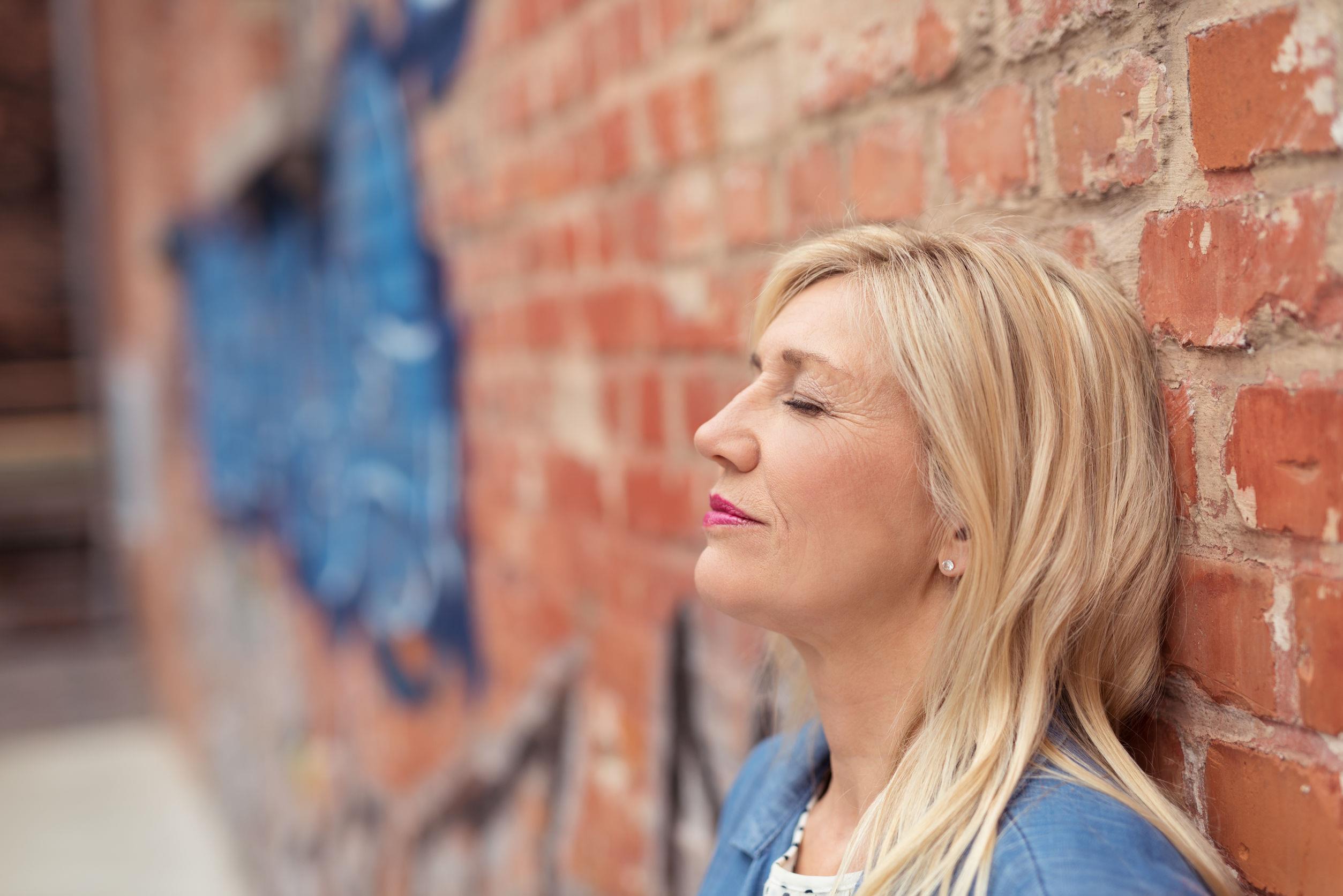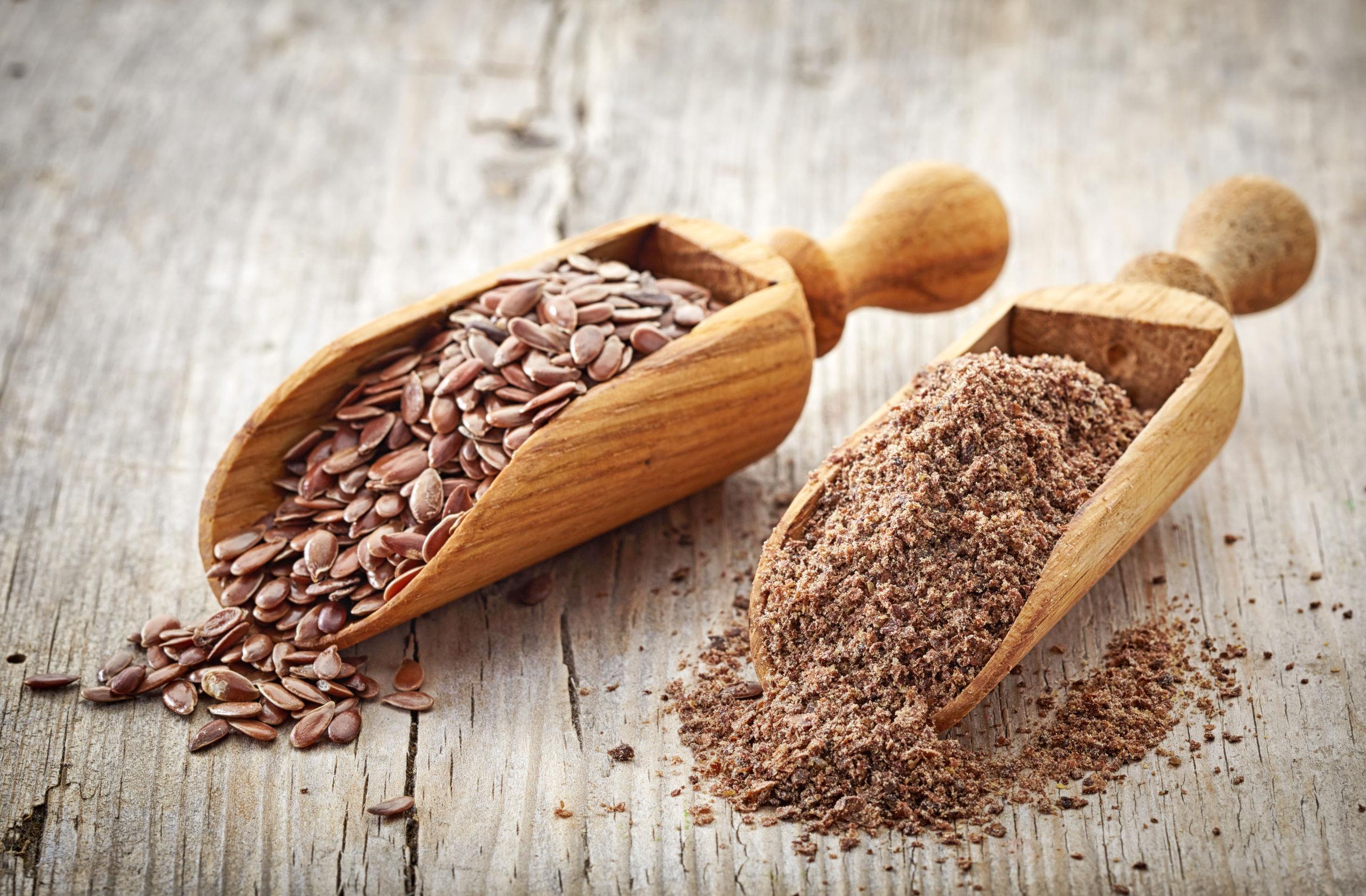
Menopause is a natural condition that women experience as they come to the end of their reproductive stage of life. Menopause is a broad term that covers a lot of different things that happen during this time. Symptoms of menopause often start when a woman is in her 40s. This is called peri-menopause and in a very few women it may even start in their late 30s.

In perimenopause, women are likely to experience changes in menstrual flow and frequency until they completely stop. Many menopausal symptoms are related to changes in hormone levels, specifically oestrogen and progesterone. Common symptoms of menopause are hot flashes (or flushes), night sweats, loss of sex drive, vaginal dryness causing discomfort during sex, sleep disturbances, and palpitations.
Some women transition through menopause without any problems. While researching for this article when I spoke with my mother and few aunts, none of them remembered any specific symptoms. While I have personally seen so many of my American and Latin friends dealing with severe hot flashes. Turns out your ancestry does have a role in whether you are likely to experience menopause symptoms or not. African American and Latino women tend to have the most hot flashes and Asian women the least.
Apart from ancestry (over which one has no control), one’s diet, weight and lifestyle are key determinants of how much discomfort the menopause transition may or may not be. If you have a sedentary lifestyle, if you are over-weight, if you smoke & drink; it may be time to re-think some of those choices. There are chemical methods and drugs available for balancing the changes in hormone levels, but many of the menopause symptoms can be managed effectively through basic lifestyle and diet changes without the risk of any side effects.
There is no better time to commit to a daily exercise regimen than NOW. Start small with just 20 mins of brisk walking. Join a walking group or create one and slowly increase your exercise levels and time. Regular exercise is a remedy for many complaints during this age. It helps reduce weight. It releases the happy hormones — endorphins and serotonins, which reduce negative thoughts and depressed feelings and improve sleep. Low estrogen levels during menopause may increase the risk of osteoporosis. Regular exercise can prevent that and also help you shed the weight that many put on during menopause.


Yoga naturally helps to enhance emotional and hormonal balance in the body. Studies have shown regular yoga reduces the effect of hormonal changes and the impact of menopause symptoms. Some researchers believe that yoga’s benefit lies in the sense of control it helps one develop, a control that you can apply to the hot flash itself. Similarly meditation, deep breathing and other mindfulness activities help to reduce stress and increase the focus and control of the mind.
Soy has isoflavones which is a phytoestrogen (plant estrogen). Phytoestrogens mimic estrogen’s effect in the body. This helps to balance natural estrogen as women go through perimenopause and menopause. The best way of taking soy is through foods such as tofu, soy milk, edamame, soya nuggets and soya nuts.


Like Soy, flaxseed is high in lignan which is also a phytoestrogen. Flaxseed is also high in Omega 3 fatty acid. Studies have shown that higher intake of omega 3 fatty acid results in less severe hot flashes in women. The ideal way to take flax seed is ground flaxseed. Whole flaxseed is difficult to digest. You can add it to virtually anything — smoothies, cereals, curries, soups, lentils, pasta, bread, cakes, muffins. Just sprinkle or add to dough. Other food sources of Omega 3 are mainly fish based and not ideal for vegetarians and vegans.
In addition to many other health risks, smoking can trigger hot flashes and irritate your bladder which is already sensitive during menopause. Alcohol and caffeine are diuretics that cause dehydration and thus can increase the intensity of hot flashes. Replace these with more alkaline drinks such as lemon water and green teas.


Menopause is a natural condition and all women will some point or other go through it. The average age for menopause is 51, which means one has more than a third of their life ahead after menopause. Little lifestyle and diet changes mentioned in this article can result in better health during the years around and after menopause.
Disclaimer: All content found on our website, including images, videos, infographics and text were created solely for informational purposes. Our content should never be used for the purpose of diagnosis or treatment of any medical conditions. Content shared on our websites is not meant to be used as a substitute for advice from a certified medical professional. Reliance on the information provided on our website as a basis for patient treatment is solely at your own risk. We urge all our customers to always consult a physician or a certified medical professional before trying or using a new medical product.